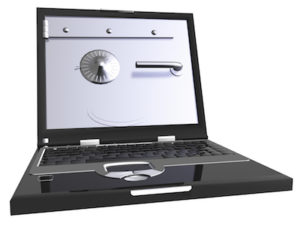Crossing Canada’s Border in the Digital Age
Getting Through Canadian Customs with Digital Devices
Visiting Canada requires that applicants subject themselves to intense scrutiny, from birth certificates and criminal records to the contents of travelers’ suitcases. Nowadays, temporary residents, like those on work permits, study permits and visitor visas, need to be careful that their digital self is admissible too.
According to the Globe and Mail, “The Canadian Border Services Agency (CBSA) only started tracking its searches last November. Between November 20 and March 4, CBSA “examined” the electronic devices of 4,529 travelers, a fraction of the 20,407,746 people who agents processed in that period.” So not everyone is searched, but anyone could be.

What to Do to Maintain your Privacy
Whether you’re coming here to work, study, or see the sights or your family abroad, you don’t want all the hard work that went into getting your application accepted to be for nothing. Often, the best way to ensure that your personal files aren’t misunderstood is to keep your private information private. The Globe and Mail suggests several ways to do so:
- Travel with a “clean” device—that is, one that has the minimum personal data necessary for your trip and nothing else. Don’t bring extra files on a memory stick unless you need to.
- Put your phone in airplane mode. This will still allow an officer to see files stored directly on your phone, but it will prevent ongoing access to your online information and keep the officer from being able to see your Cloud storage or linked devices.
- Separate your personal and professional emails into different accounts. If you’re here for work, CBSA may want to see your work emails, but that doesn’t mean they need to read every email between you and your mom or what you buy online.
- Be honest and ensure that there isn’t any confusion about the information you present at the border in the first place. You’re less likely to be searched if the things you say don’t raise red flags in the immigration officer’s mind.
What Not to Do
Don’t deny the officer the password to your device. While other passwords aren’t essential for them to know, denying access to your phone entirely will immediately set off alarm bells in an officer’s mind.
And don’t forget that just because you’re able to get into Canada once, coming back into the country after any trips away (if these are allowed within the terms of your visa or permit) will subject you to the same security checks.
Need Help?
Do you want to come to Canada to work, study or visit, but you aren’t sure what the next step is? We can help you determine your eligibility and put together an application; we’ll support you through all the steps required to get you through this process. Contact us for more info!


